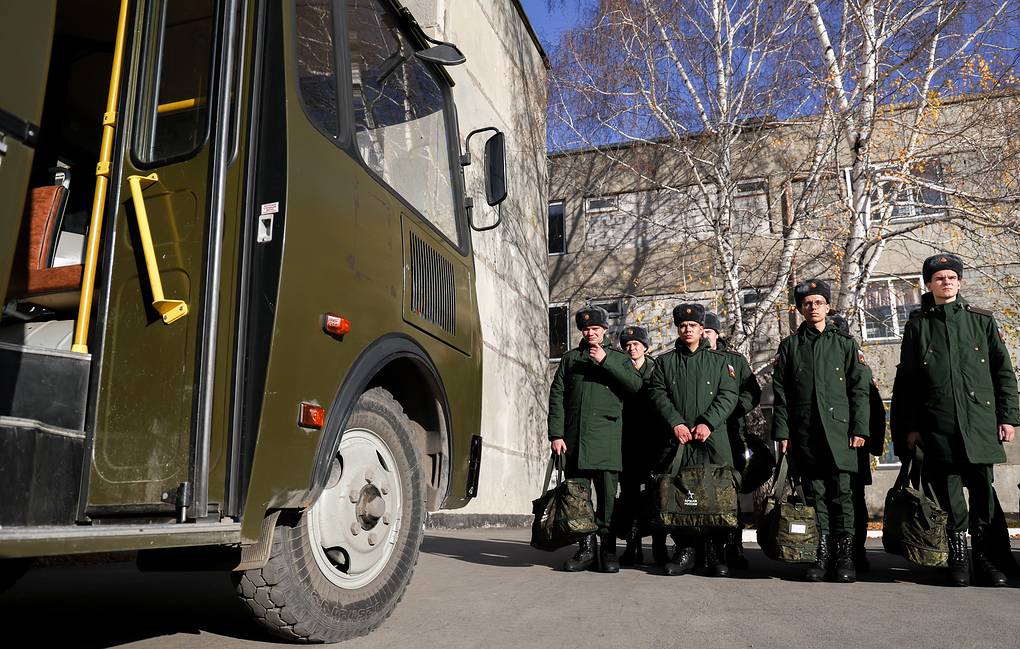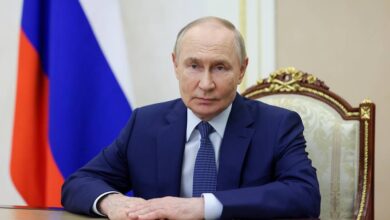Putin signs decree on 2025 autumn draft
«From October 1 to December 31, 2025, conscript 135,000 Russian citizens aged 18 to 30 who are not in the reserve and are subject to enlistment into military service,» the decree states
MOSCOW, September 29. /TASS/. Russian President Vladimir Putin has signed a decree ordering the conscription of citizens for military service from October to December 2025, according to the document published on the official legal information portal.
"From October 1 to December 31, 2025, conscript 135,000 Russian citizens aged 18 to 30 who are not in the reserve and are subject to enlistment into military service," the decree states.
It also stipulates the discharge from active duty of soldiers, sailors, sergeants, and foremen whose terms of conscription have expired.
The Russian government, regional authorities, and conscription commissions are tasked with ensuring the implementation of all necessary draft measures.
In addition, federal ministers, heads of federal services, and agencies are instructed to organize the conscription of citizens employed by federal ministries, other federal executive bodies, and organizations subordinate to them.

